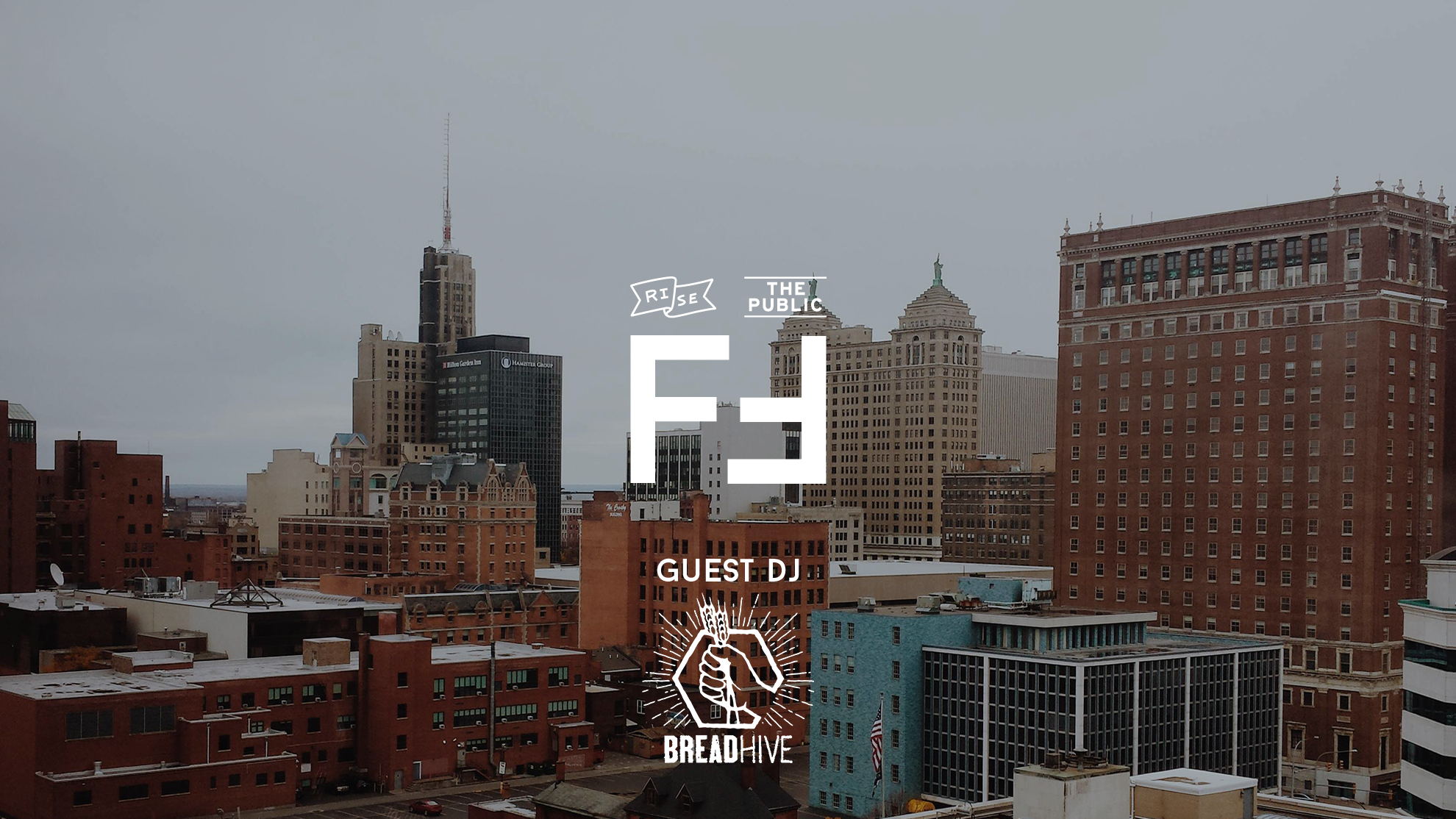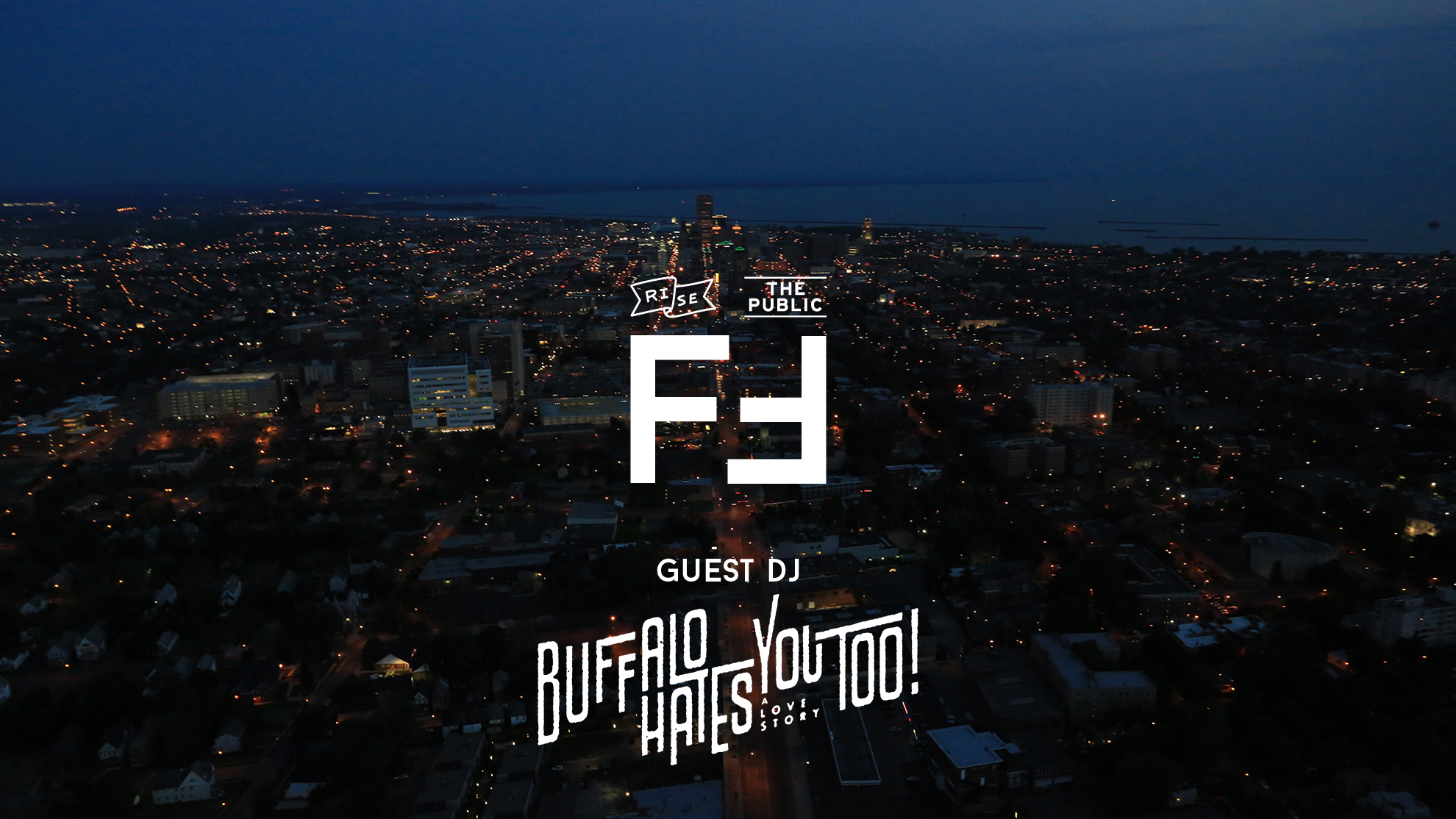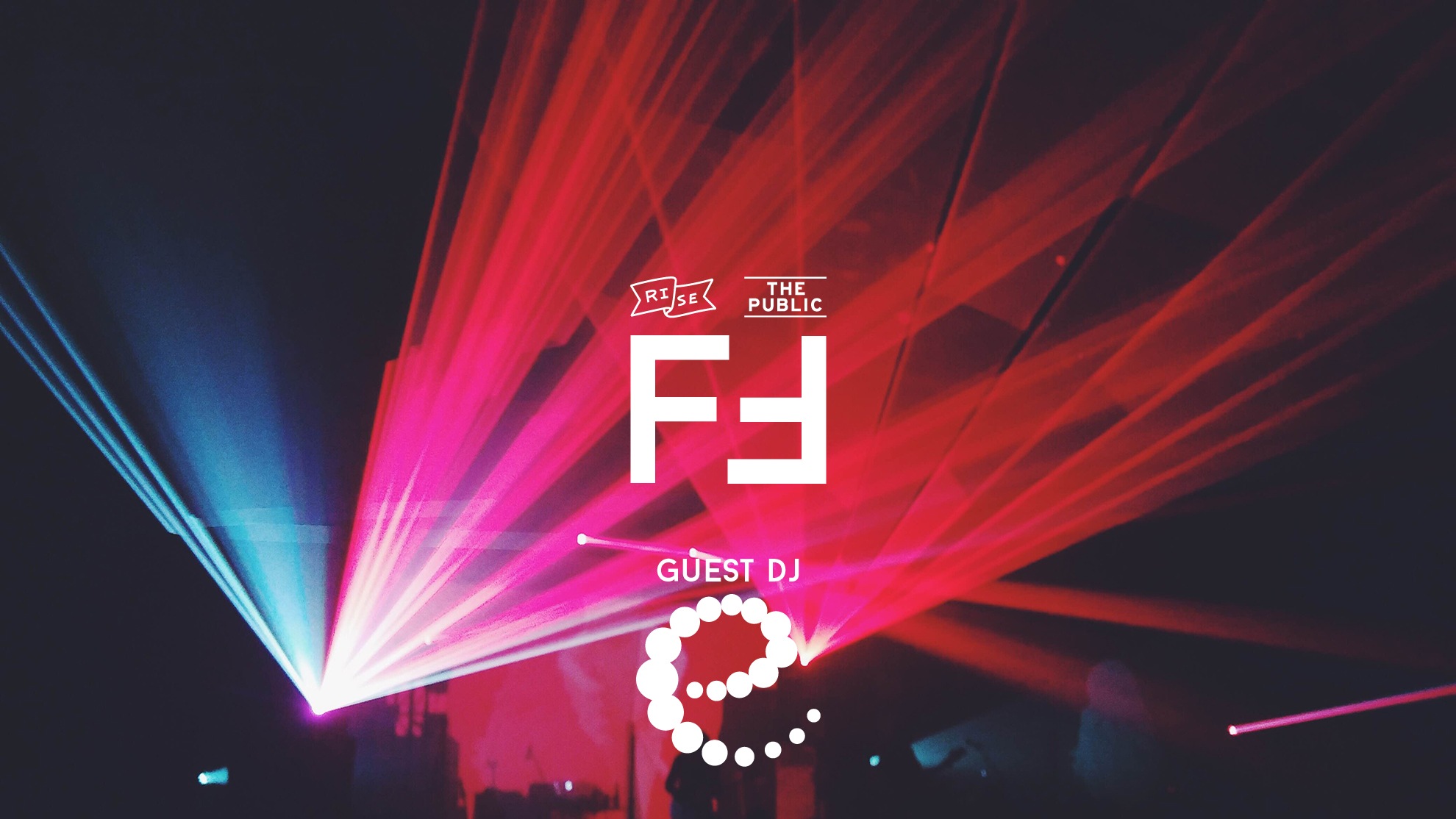
By Elizabeth Ortolani
I was 27 years old when, according to a protester outside my local Planned Parenthood clinic, I became a “baby killer.” She hurled insults my way while waving a sign covered in graphic images of alleged aborted fetuses. What she chose not to see was the complexity of my experience and the circumstances that led me, and so many others, to make an informed decision about a safe and legal procedure. What she might never understand is that the prospect of life felt like a death sentence to me.
I was a well-educated, gainfully employed woman who, by most standards, was a prime candidate for parenthood. But it wasn’t right; not the right time or place in my life and not with the right person. I’ve always considered myself to be responsible, not lacking spontaneity altogether, but always taking the necessary precautions to mitigate risk in all situations. Sex was no exception. I had been on birth control for years since college, but was acutely unaware that sex during my period could result in pregnancy. Lesson learned.
The thought of a nine-month gestation period was unthinkable and I remained steadfast in my decision not to bring an unwanted child into the world. I viewed parenthood as a moral contract, entered into willingly and pragmatically, not a punishment for having sex in the first place.
Despite the resolve and comfort in my decision, what most people didn’t know was that I cried. I admitted myself to the hospital after complications arose weeks after taking the abortion pill. Fear and loneliness came in waves. I waited nearly seven hours before I was wheeled into the operating room. I wondered if I’d have trouble getting pregnant if and when I was ready, or whether any healthy eggs would remain. I wondered if the surgeon made assumptions about me and my situation as the room faded to black. The emotional ramifications lingered, tempered by weekly therapy sessions to make sense of it all. I felt inexplicably relieved and unburdened, which only exacerbated the guilt. Often times I was overcome with sadness at the thought of other women who felt trapped – forced to compromise their quality of life for the life of another.
The abortion debate has reached a fever pitch in recent years, becoming more contentious and politicized than ever before. Like clockwork every election cycle, men and women rally around women’s reproductive systems in the name of religious conservatism as a means of limiting women’s sexual autonomy and reproductive choices.
The unrelenting war on women and our reproductive health shows no signs of slowing down. Since the Supreme Court handed down its 1973 decision in Roe v. Wade, states have constructed a lattice work of abortion law, codifying, regulating and limiting if, when and how a woman may obtain an abortion.
I watched in equal parts horror and ire as Trump vowed to defund Planned Parenthood and an all-male 13-member Senate panel gathered to draft a bill that deemed pregnancy, menstrual irregularities and victims of rape or domestic violence as pre-existing conditions. Such dangerous policies would result in even more restrictive barriers for women to access quality, affordable healthcare. Countless states have passed measures that have made it more difficult and costly for women seeking abortions. Across the country, the number of abortion clinics has been dwindling for years, with seven states that have only one remaining abortion provider.
I respect choice on both sides of the debate and acknowledge that the decision to either move forward with a pregnancy or have an abortion is a deeply personal one. I won’t, however, accept legislation or rhetoric that aims to limit and control women’s bodies based on untruths or archaic political and religious statues.
When I encountered the shouting protestor as I was escorted into Planned Parenthood, fear quickly morphed into rage. The hypocrisy was maddening. One cannot repudiate an argument on the basis of morality without offering solutions or practical alternatives. We need to stop pretending that pro-life advocates aim to do more than just “save” unborn children. If that was their platform, there would be equal concern for a child’s quality of life after birth and beyond; they’d be leading the charge on issues like guaranteed healthcare, education, food and housing. Why wasn’t she, and so many others, advocating for mandatory paid maternity and paternity leave, quality, affordable child care options, access to postpartum mental health services, free contraception and sex education?
Health care is vital for women’s well-being and economic stability. We have a unique opportunity to minimize illness, disadvantage and poverty for current and future generations through subsidized contraception options and comprehensive sex education.
The anger and emotion surrounding the abortion debate is misdirected. We are in need of a massive cultural and societal shift, one that embraces human sexuality beyond reproductive outcomes to refocus the conversation on education and prevention. It is our responsibility to address the issue of abortion stigma, support women’s rights to lead full and productive lives and ensure all women can choose freely if and when to have children. It’s time that we start trusting women. With personal agency comes a sense of empowerment.




